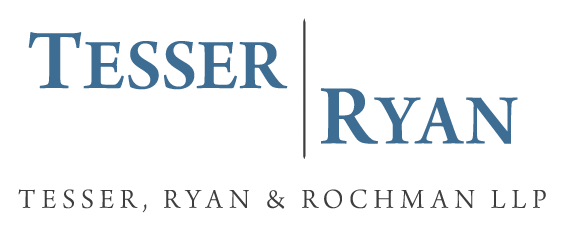How Your Business Structure Can Affect Your Taxes: LLCs and S-Corps
In a previous blog post, we noted that limited liability companies and S-corporations possess two important similarities:
(1) they are “pass through” entities—the profits and losses are not taxed at the corporate level; all of the profits and losses are passed on directly to the owners of the company; and
(2) owners enjoy limited liability—they are not personally liable for the financial obligations of the company.
In light of these dual advantages, many business owners are inclined to structure their business as either an LLC or an S-Corp.
While LLCs offer advantages in ease of operation and flexibility of management and ownership, S-Corps offer certain tax advantages, specifically in cases where the owner is also an employee of the company.
In the absence of a contrary tax election, an LLC with one owner is treated as a sole proprietorship and an LLC with more than one owner is treated as a partnership. As a pass-through entity, all of LLC’s profits and losses pass through to the owner. Each owner must pay personal income tax on his share of the profits.
In addition, where the owner is an employee of the LLC, all of his profits are subject to a self-employment tax of 15.3% (for social security and Medicare).
Compare that to an entity that has elected tax treatment as an S-Corp: like an LLC that has not made a contrary tax election, all of the S-Corp’s profits and losses pass through to the owner. Each owner must pay personal income tax on his share of profits.
However, the difference lies in the treatment of FICA taxes (for social security and Medicare): only the wages or salary paid to the owner-employee are subject to FICA tax; the owner-employee’s profits are not subject to FICA tax. Thus, an S-Corp can save FICA tax—15.3%–on any profit that the company has after paying the owner-employee a “reasonable” wage or salary.
Fortunately, business owners need not chose among or forgo the benefits of either structure. An LLC can elect to be treated as a corporation, for tax purposes, by filing IRS Form 8832. Once an LLC has elected to be treated as a corporation, it can elect tax treatment as an S-Corp by filing IRS Form 2553. Thus, a business owner may avail itself of the operational and managerial benefits of an LLC, yet retain the tax advantages of an S-Corp.
If you have any questions about how to classify or form your business, don’t hesitate to contact Tesser, Ryan & Rochman, LLP.
